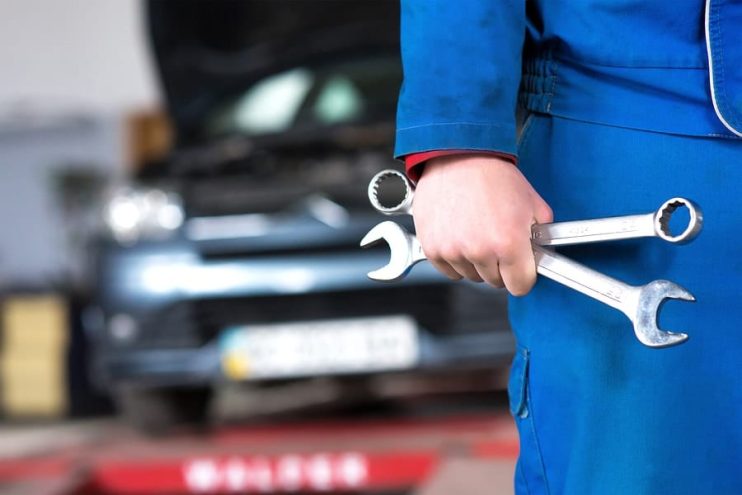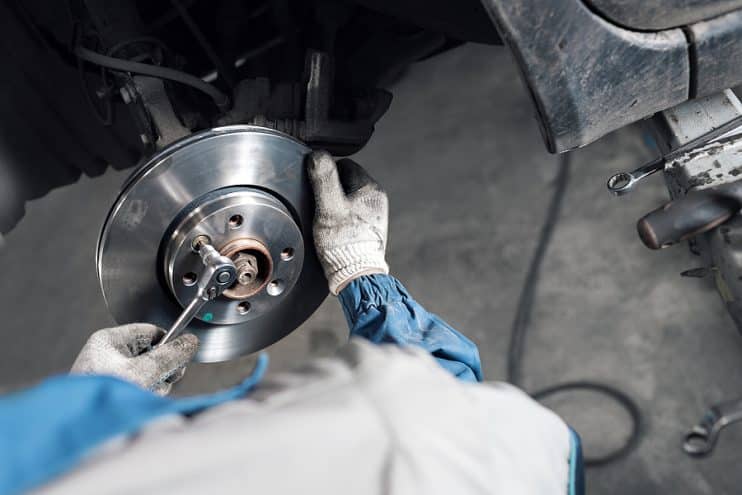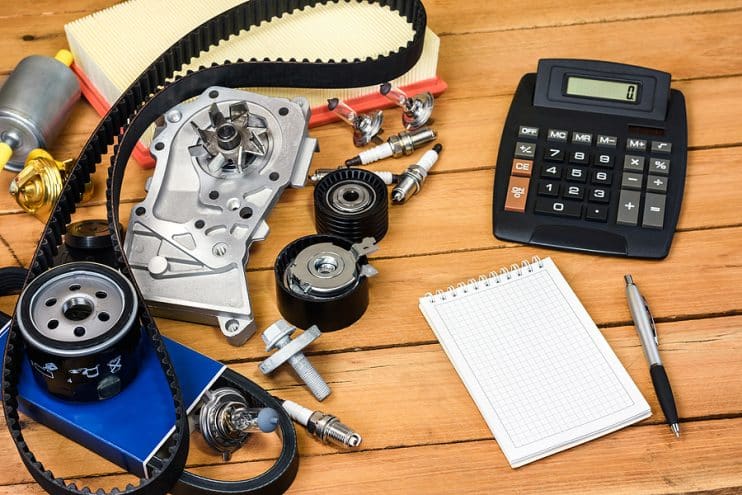
Believe it or not garages are now overcharging men, blondes and older people according to a recent survey. With cars getting increasingly technical thanks to computer control systems and non-serviceable parts, it can be tough to understand what’s going on under the bonnet, giving your mechanic a knowledge advantage if they are looking to overcharge on parts or labour.
So what can be done about it? Obviously changing your gender, hair colour or dress style is out of the question, but there are certain ways of approaching a car mechanic that greatly reduces the chance of you paying over the odds. In this article we explore some of the easiest action points you can employ to avoid unscrupulous mechanics.
1. Always ask around
Word of mouth is always the best way to find out about a local business. People are naturally more likely to shout about a bad job, but if you ask then they’ll definitely tell you about a good job too. Consult someone with previous experience who you trust, like friends and family, and they should be able to point you in the right direction.
2. Independent garage mechanics
As these outlets often rely on word of mouth business and reputation, it’s more important for them to give a good, honest service at an attractive price. Also if you have any problems with the work that’s been done on your car, you can generally talk to the owner about it, as opposed to being passed through a complaints department and a management chain.

3. Check the internet
You should be able to verify the quality of any mechanic on the web. Look at their website and check for industry awards and membership to local trading schemes. If their site isn’t forthcoming with such evidence, search the web for reviews, but beware sites with only 1 or 2 reviews as these are unlikely to give a full picture of the quality.
4. Evaluate the shop’s appearance
There is a saying in business; “how you do one thing, is how you do everything”. You can use this to judge the quality of a mechanic. If they keep their workshop clean, tidy and presentable, then it’s a safe bet that they probably extend this mindset to the rest of their business. However, if they are unable to keep even basic customer service areas in good shape, let alone garage space, then what does this say about their opinion of creating a good experience for their buyer?
5. Talk to the staff
What kind of impression do you get from a garage’s employees? If everything seems too much trouble for the counter staff, or the mechanics seem surly and uncommunicative, this could be an indicator that all is not well behind the scenes in the business. Generally, when workers are happy and productive, this is apparent in their attitude towards customers. When a business is failing or in difficulties, then the personality and actions of the staff are often a litmus test.
6. Slow turnover
Have you been to your mechanic’s premises several times? Are the same cars in various states of repair always on the forecourt? If you are seeing a slow turnover of jobs at an establishment, this is a real warning sign that should definitely not be ignored. A good garage knows a customer needs their car back quickly and will have a set workflow system that not only ensures that jobs are done on time, but they will also let customers know the appropriate timescales.

7. Try a small job first
When you’re looking to build a relationship with a regular mechanic, then make sure you don’t jump in with a big job like a gearbox change. Start off with something smaller like a service or MOT and see how they perform. If you are happy with the results, including the communication, then this can serve as a good indicator of the quality of their workmanship.
8. Get an upfront estimate
Worried about being overcharged for a job? Then make sure you get them to offer a rough evaluation of the time involved and the parts cost when you are at the garage. Accept that it might be a little more than the quoted price, but also remind the mechanics it might be a little less. Ask them to call you if there is any major work that needs resolution before going ahead, allowing you to agree to the charges. This way you should not have any unpleasant pricing surprises.
9. Ask to view your old parts
One of the oldest tricks in the mechanic’s book is simply cleaning an old part and telling the customer that it has been replaced as new. By requesting to view your old parts when the job has been finished you can at least get some reassurance that you have a new part in the car. Ensure you ask the garage to call you if they need to complete any additional replacement work on the car, as this way will give you a chance to confirm that they will allow you to view the old parts in this instance.
10. Do the research
You don’t have to pass a City and Guilds in Car Mechanics, but it does pay to know a little bit about your car’s engine and its inner workings when you go to the garage. Once you know what’s wrong with your car, or you have a suspicion based on the symptoms, be prepared to ask questions and find out from the mechanic what work they’re planning on your car. If you have the time it can even be worthwhile getting comparative quotes.

11. Never have an open bill
By telling your garage that they are free to do whatever’s necessary to fix your car you are inviting them to trim every little problem and investigate your car for the smallest fault. They are ultimately a business, and will charge where-ever possible. Stick to the problem you want solved and make sure they know the limitations of the work to which you’re agreeing.
12. Scheduled maintenance
It is suggested that certain makes and models of car undergo a service after a particular number of miles. This is often true, with engines requiring complete oil changes and parts needing specific attention to ensure they are still fit for purpose due to use and fatigue. However, these windows for servicing should be clearly outlined in your owner’s manual, allowing you to check that your garage is providing you with the right information.
13. Keep your receipts
As part of your service history it’s a good idea to keep a copy of all your receipts and invoices. Ask the mechanics at the garage to detail the work completed on the paperwork. This way, if you see an alternative mechanic shortly afterwards in regards to another problem and they tell you that you need to replace a part you’ve only had recently changed, then you know that this probably isn’t the case.

14. Check the price of parts
Before you get any work done ask for a breakdown in costings. Once you’ve found out how much the garage wants for a particular part, go online and find it yourself. If they are overcharging for a part, then you can bet they might be overcharging in other areas too. Of course, you can always take the quote for the work and ask them to fit the part you’ve supplied.
15. Go niche
There are a number of mechanics available in today’s marketplace who are able to provide you with a specialist service. This means they have a focus on your make of vehicle and will be able to diagnose faults more effectively and understand the implications of a problem and the necessary fix.
This not only means that you should have a more competitive price, even if the price per hour is more, because the time spent on the job will often be less. Additionally the workmanship is often better and you’ll understand exactly what caused the fault and how to avoid it in the future.
16. And finally
Do remember that the majority of mechanics and garage companies are reputable and honest. There are only a small percentage out there that are actually looking to provide a costly or overpriced service as they will ultimately be found out and lose business and customers. However, sticking to your guns and being on the safe side is something many mechanics now expect, so you should be fine to ask as many questions of the service as you like. And of course once you’ve found reputable mechanic, it’s worthwhile staying in their good books.













.png)